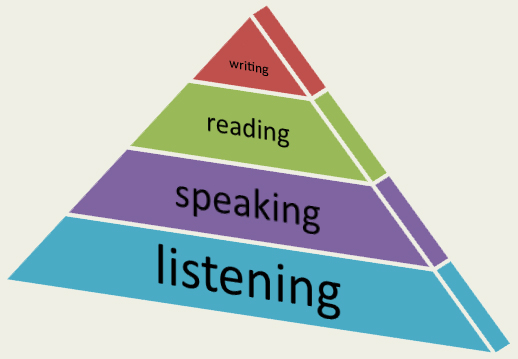Is My Child Reaching Communication Milestones?
Questions Parents Must Ask Themselves
Since the day (or even before) your child was born you likely have had questions tumbling through your mind about everything from diaper choices to healthy growth and development. Your elementary age child has grown beyond those first steps, but still has many communication milestones to reach. If you are concerned that your child isn’t on track for these, there are several questions you must ask.
Questions to Ask Yourself About Communication Milestones
The first questions you need to ask are to yourself, as a parent. Be sure to also ask your partner because the perception each of you have might not be the same, and when you combine your ideas you might get a more complete picture of your child’s communication milestones. Your child’s healthcare professional only sees a small window of your child’s life, so your concerns and your observations are vital when determining if your child has a measurable communication delay. When you have considered the answers to these following questions, you’ll be more prepared to meet with your child’s healthcare provider, school personnel, and others, such as speech therapists or audiologists.
How do my child’s communication skills affect his daily life at home?
Consider how communication milestones – speaking, listening, non-verbal communication, etc. – play a part in the activities your child does on a regular basis and the relationships with the people in the home.
- Listening to age-appropriate oral instructions of multiple steps (i.e. Brush your teeth, feed the fish, and then put away your game before bath time.)
- Paying attention to the conversations in the home and participating in them in age-appropriate ways
- Demonstrating age-appropriate reading and writing (i.e. a 3rd grader reading to himself before bedtime or a 1st grader writing his own name, address, etc.)
- Showing interest in engaging in activities that involve reading and writing outside of the classroom
- Watching television or listening to music at appropriate volume levels
- Answering your questions with age-appropriate clarity
How do my child’s communication skills affect his life with friends, peers, and in social settings?
Think about the times when you see your child interacting with friends, participating in peer-related activities, or in the general community. Those interactions can also be clues to communication development issues.
- Interacting with friends through appropriate verbal communication (asks questions, let others know ideas and opinions through spoken words)
- Participating in peer-group activities with appropriate attention level (not wandering off by himself)
Do people outside of the family understand my child’s verbal communication?
Sometimes family members don’t realize how significant a speech problem is because they are used to hearing the speech patterns every day. As children enter elementary school their speech should be understandable by strangers and acquaintances to a high level. If you notice that people are consistently asking your child to slow down, repeat the questions or phrase, then this might be signal to you that there is a speech problem.
What academic areas concern me when it comes to my child’s communication milestones?
Communication encompasses many different areas of learning and problems with communication skills can lead to below average school performances or school anxiety.
- Reading and writing at grade level
- Participating orally in class
- Answering teachers’ questions thoughtfully (age-appropriate levels)
- Paying attention in classes, especially to lectures and oral directions
- Communicating with peers in class at an appropriate level
When communication problems are suspected or exist they can sometimes be the result of a single issue – such as a specific articulation problem in a kindergarten student that can be outgrown. Other times the communication issues can be the symptoms of a larger, more all-encompassing and overwhelming disorder or condition, such as autism. Work with your school, healthcare specialists, speech therapists, and audiologists to answer these questions and more. Communication milestones are your guideposts for your child’s health and whenever you have any concerns, it’s time to start asking questions – and ask yourself, first.





